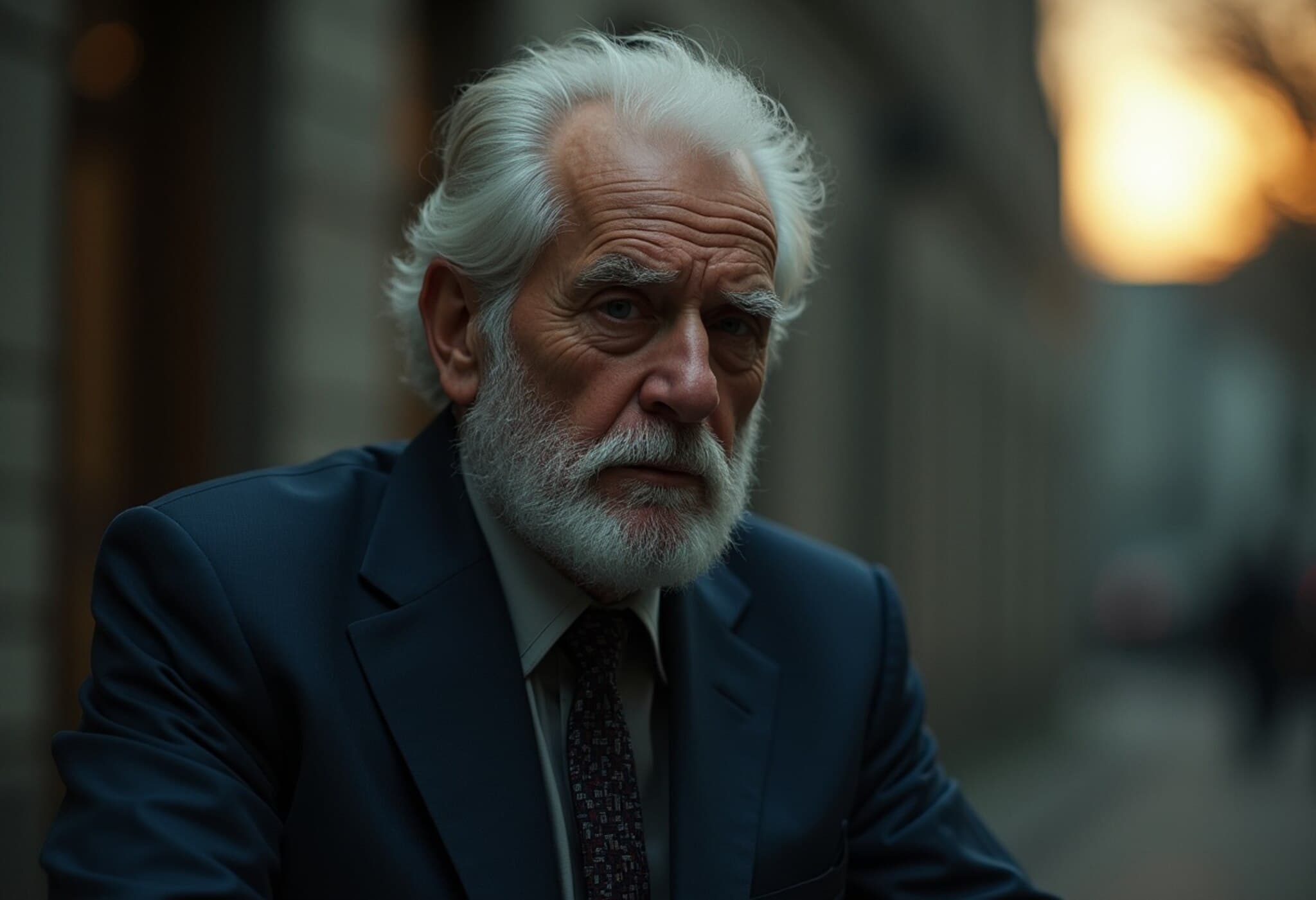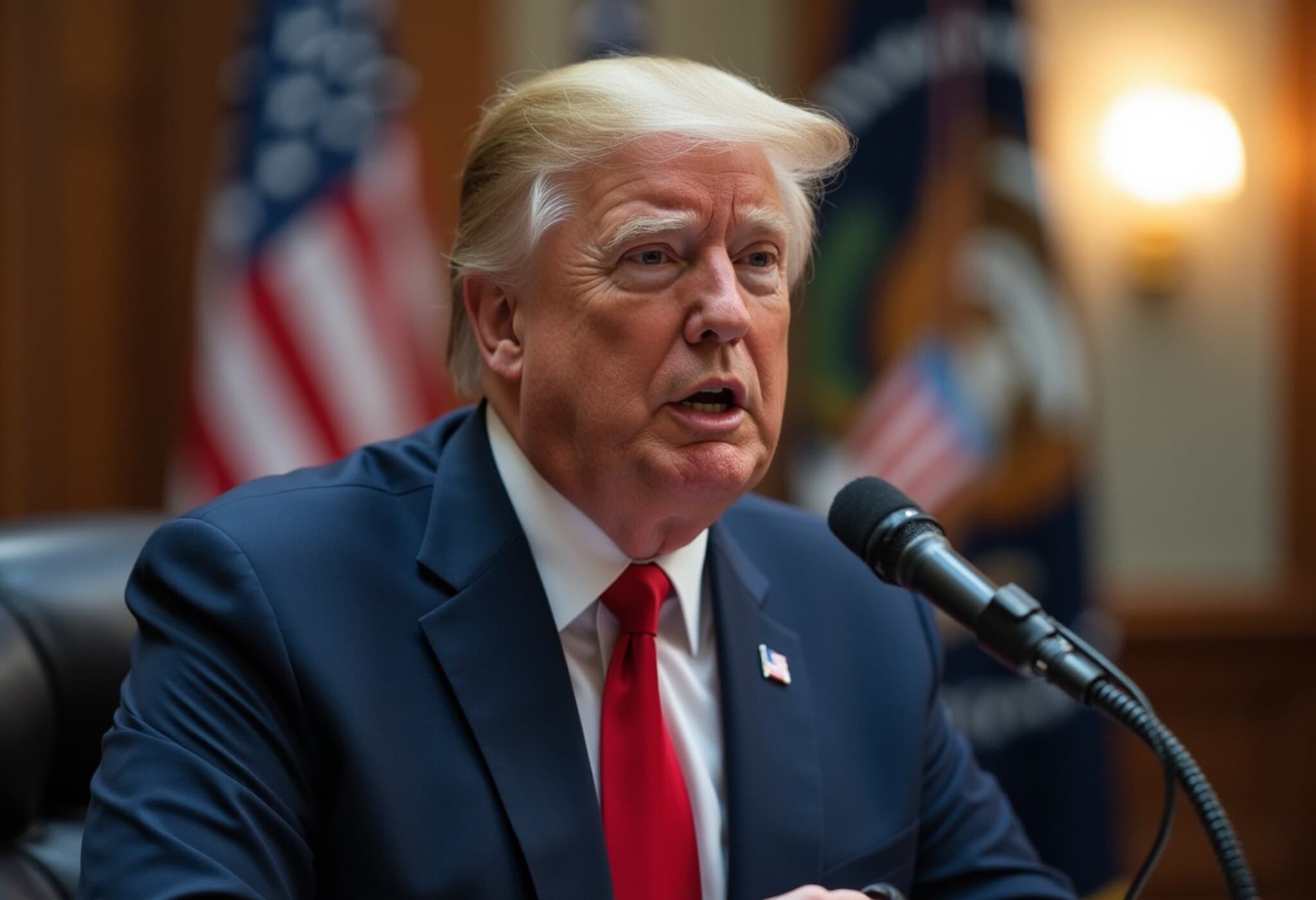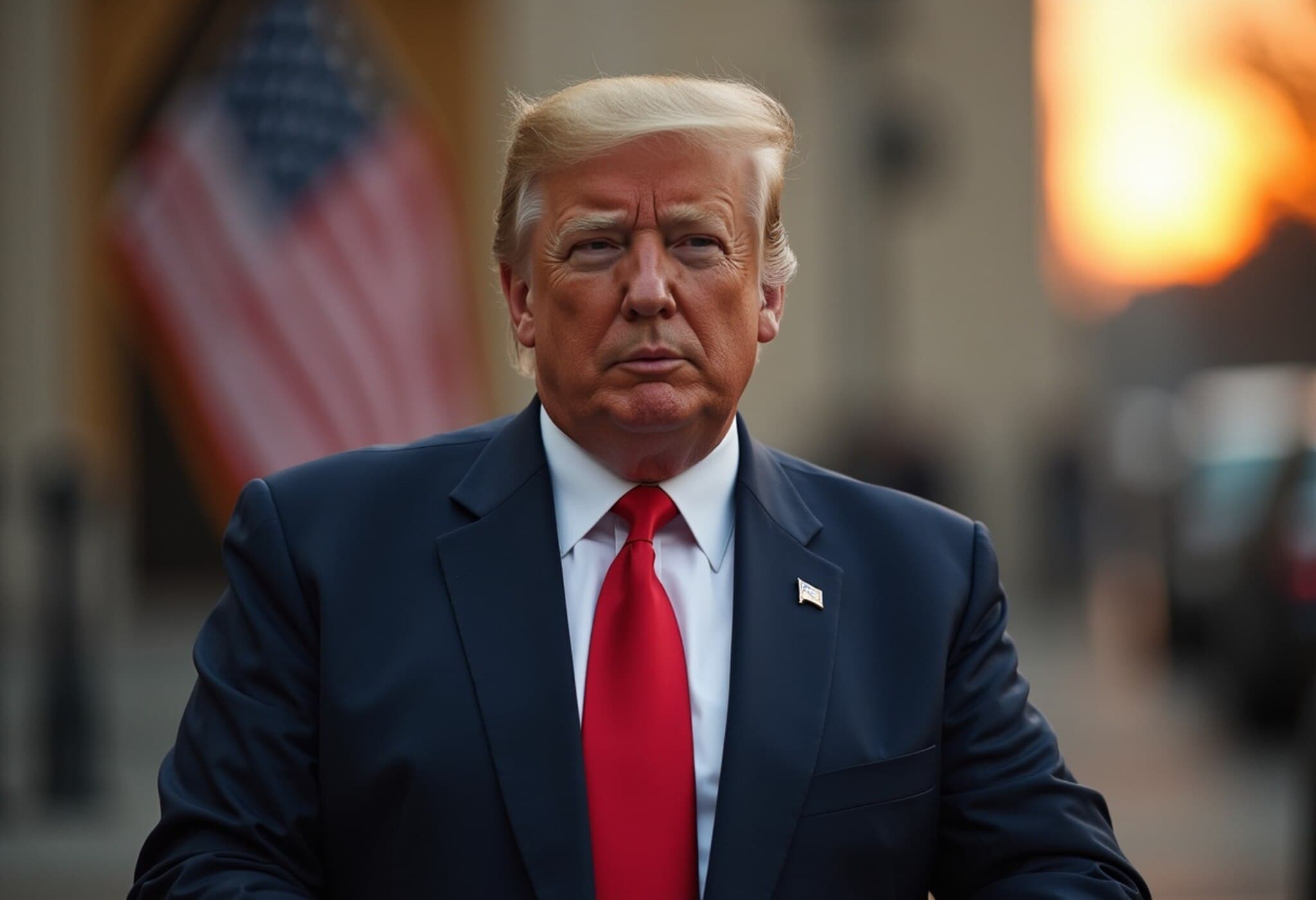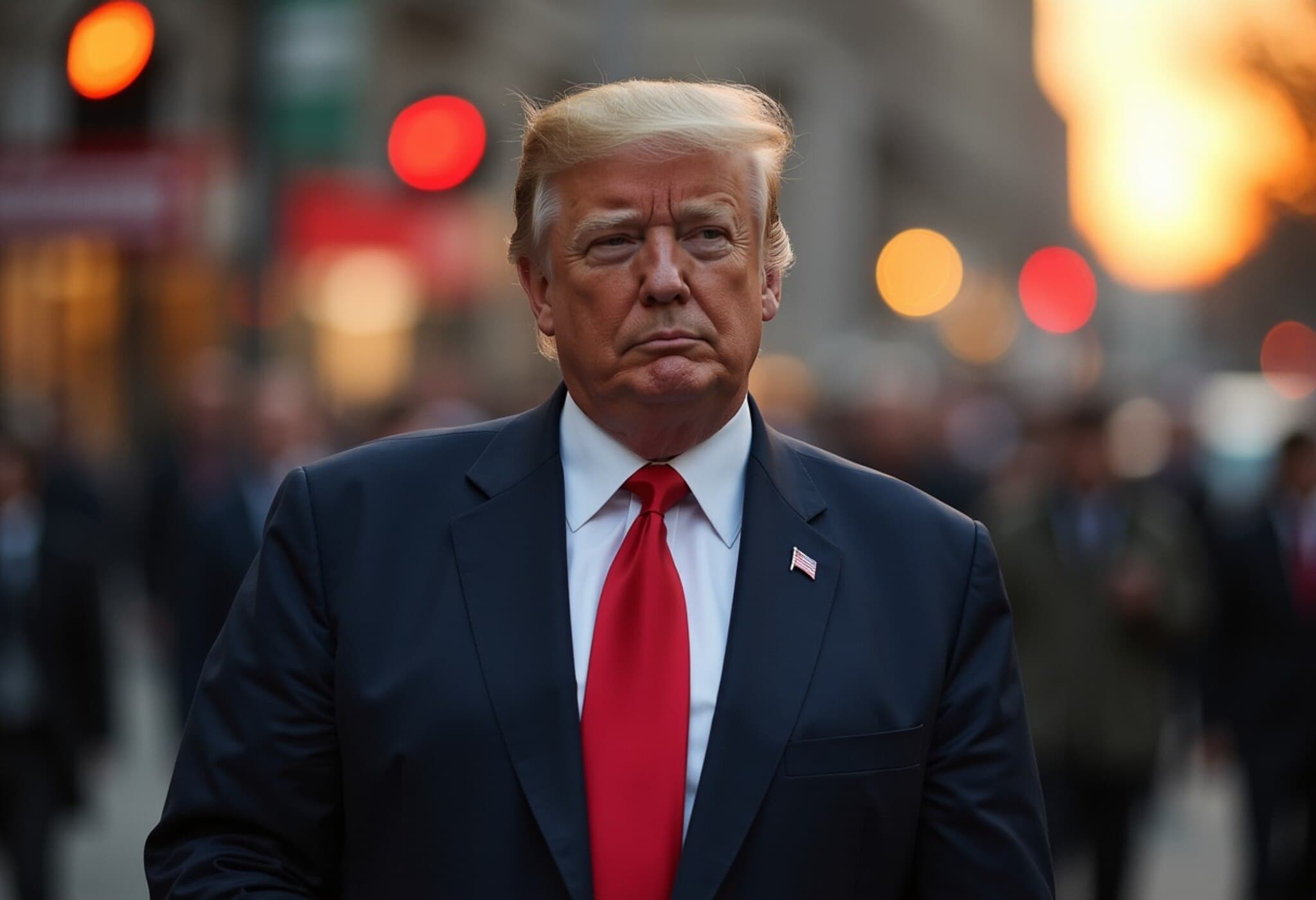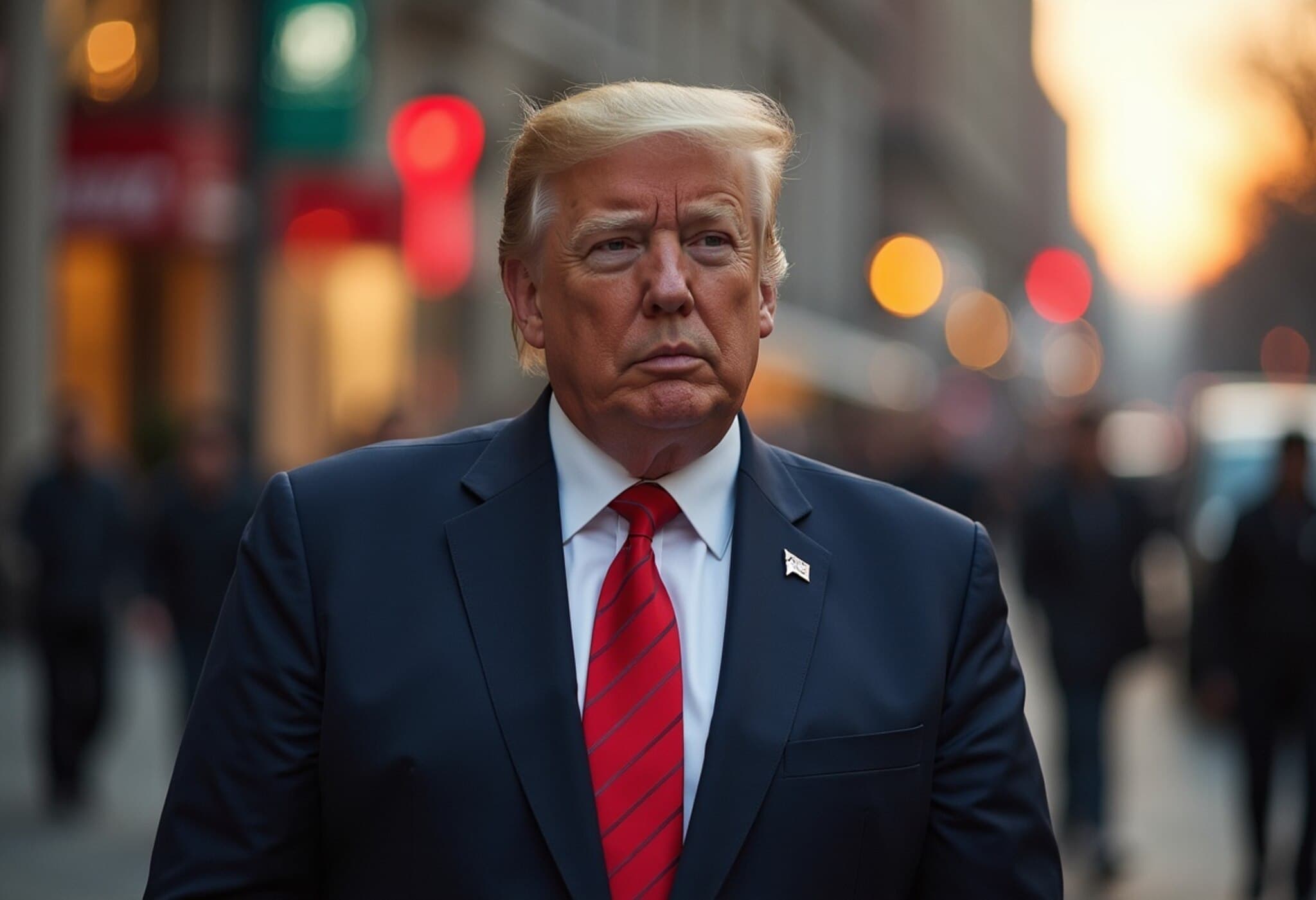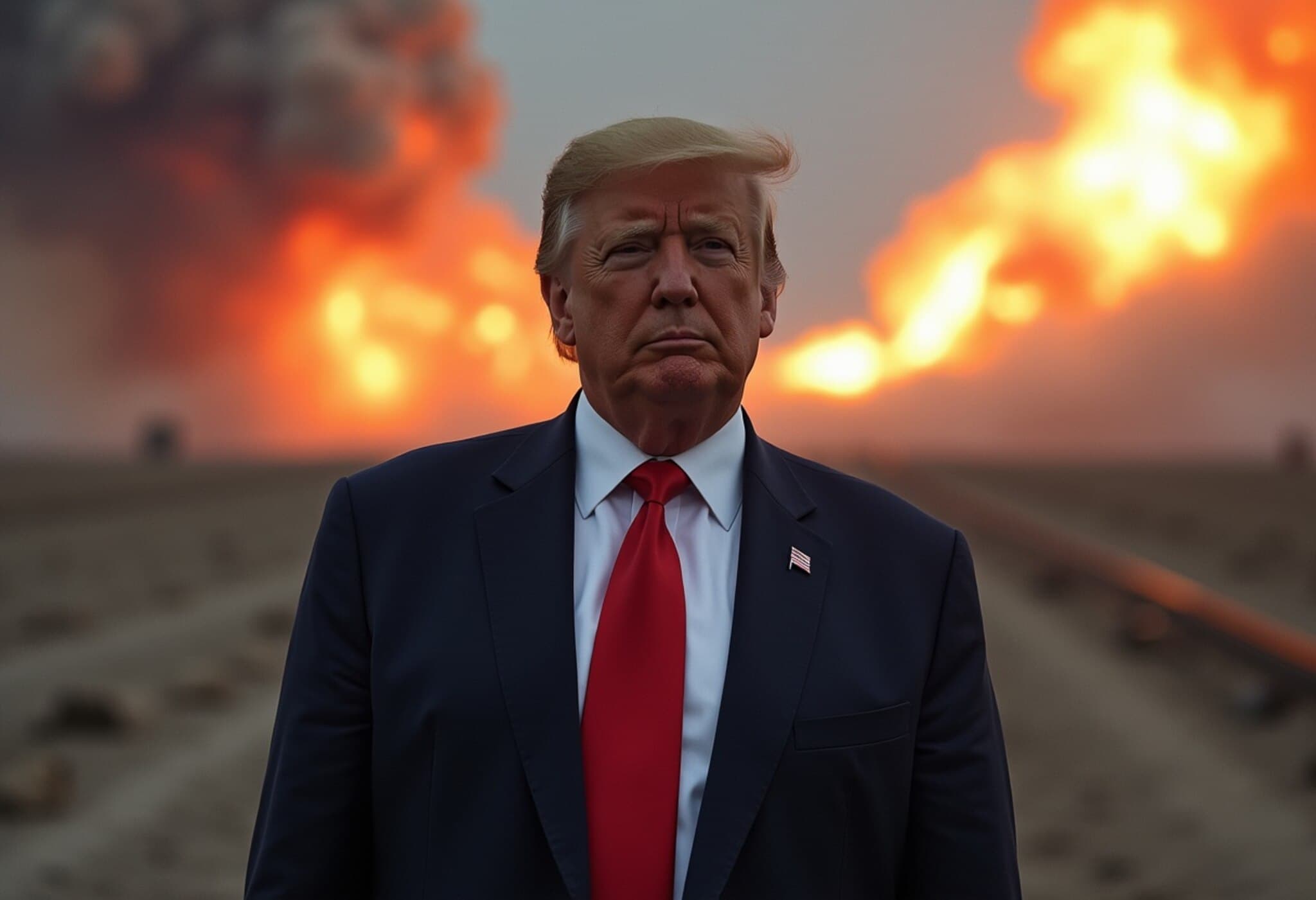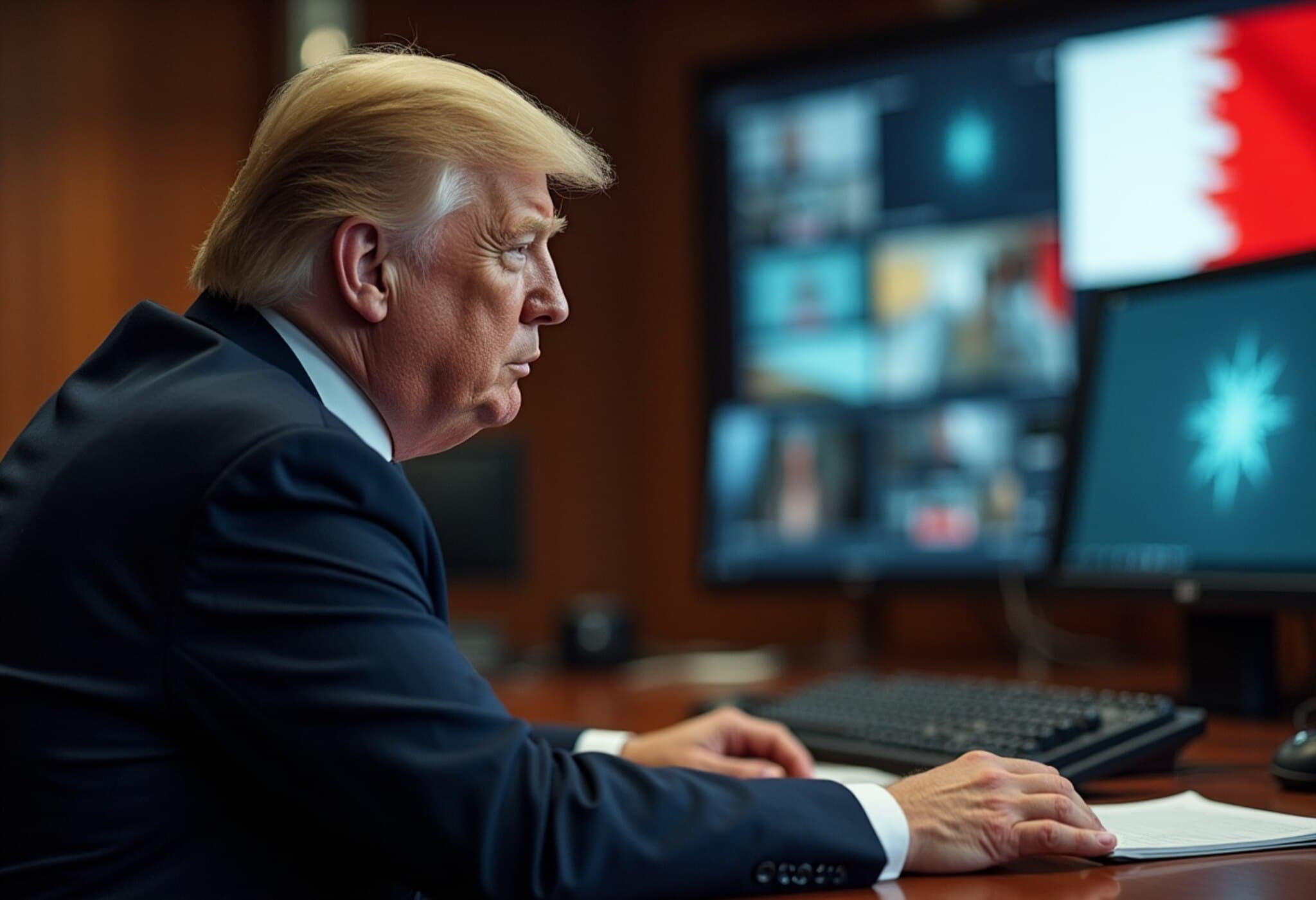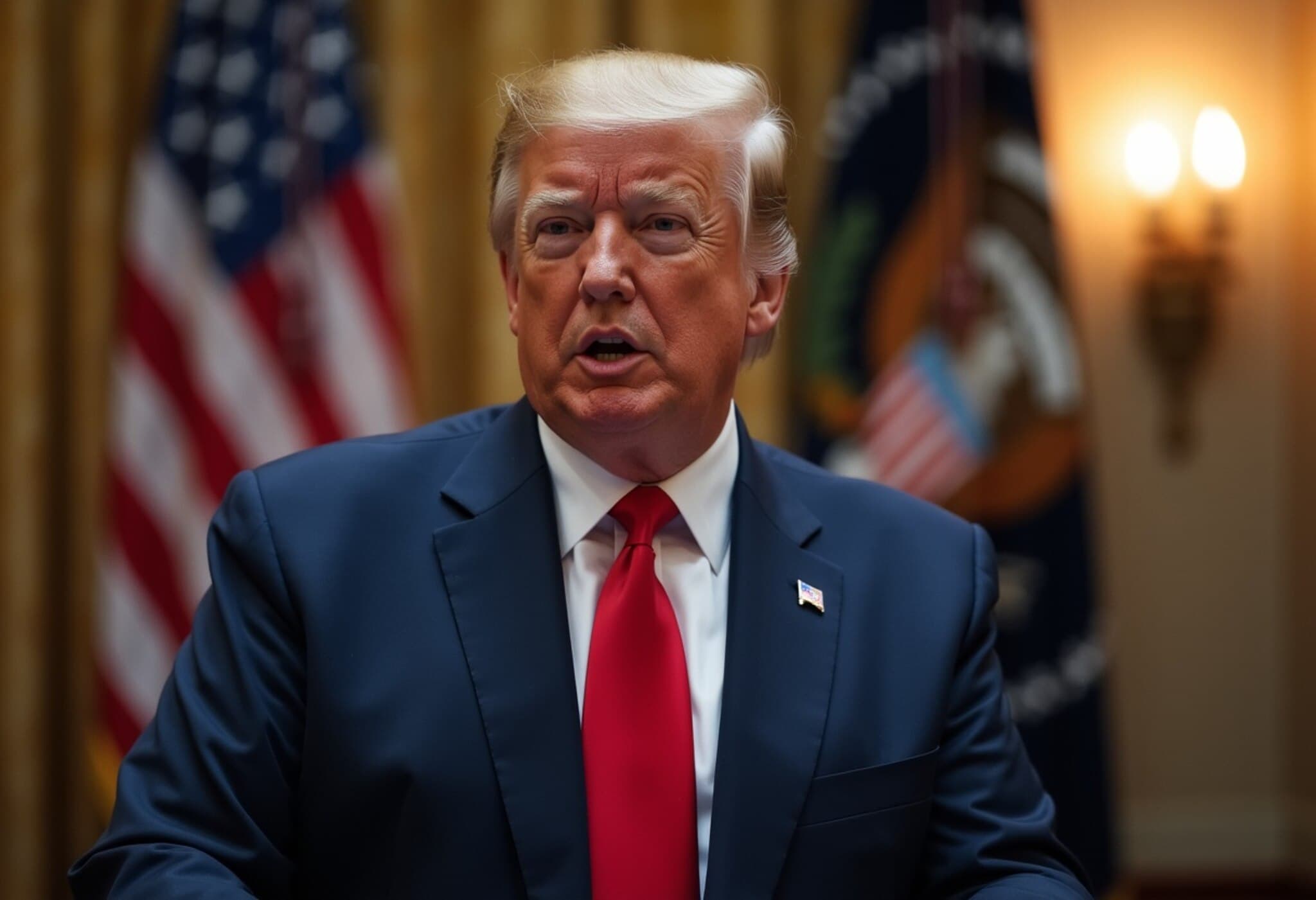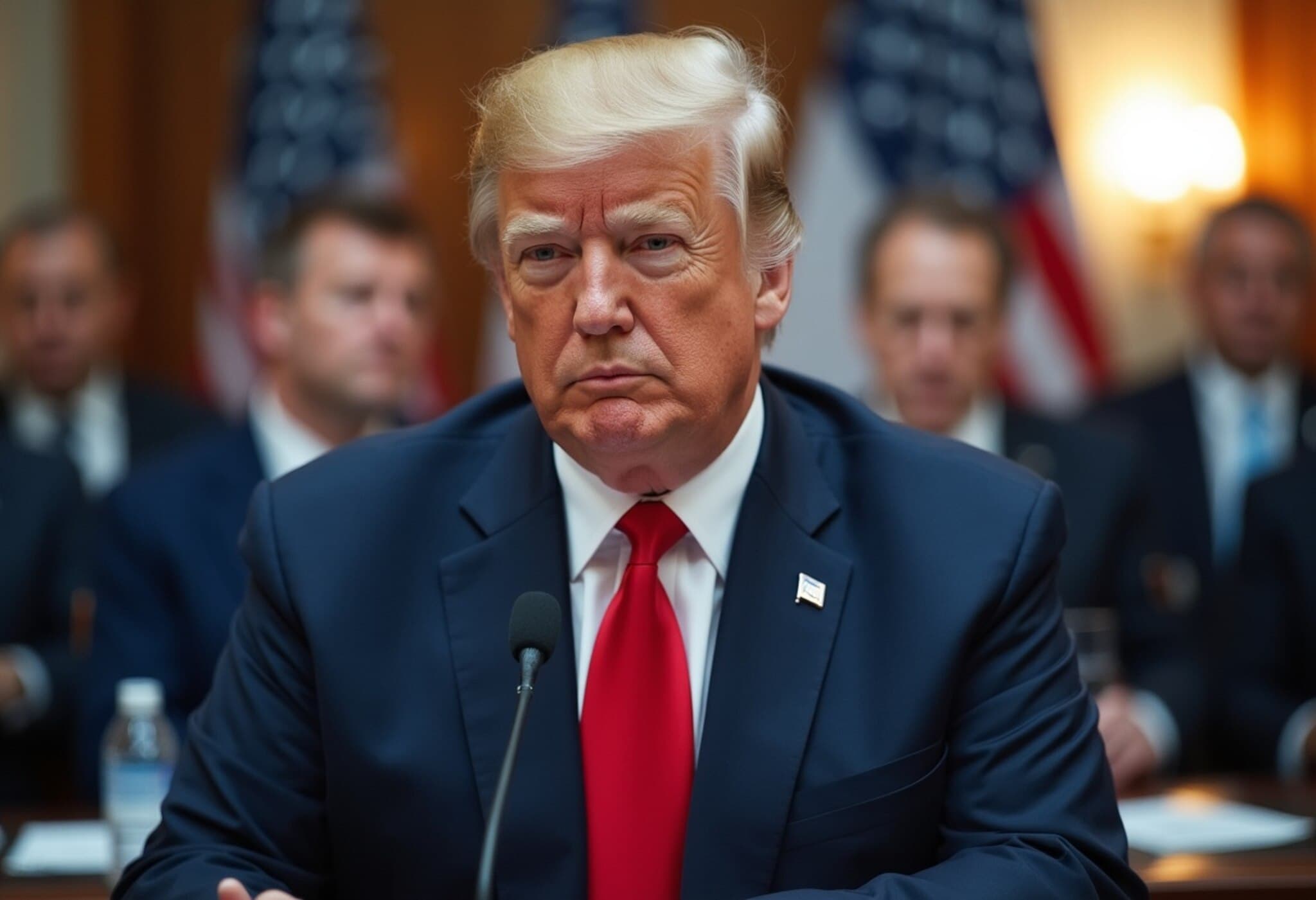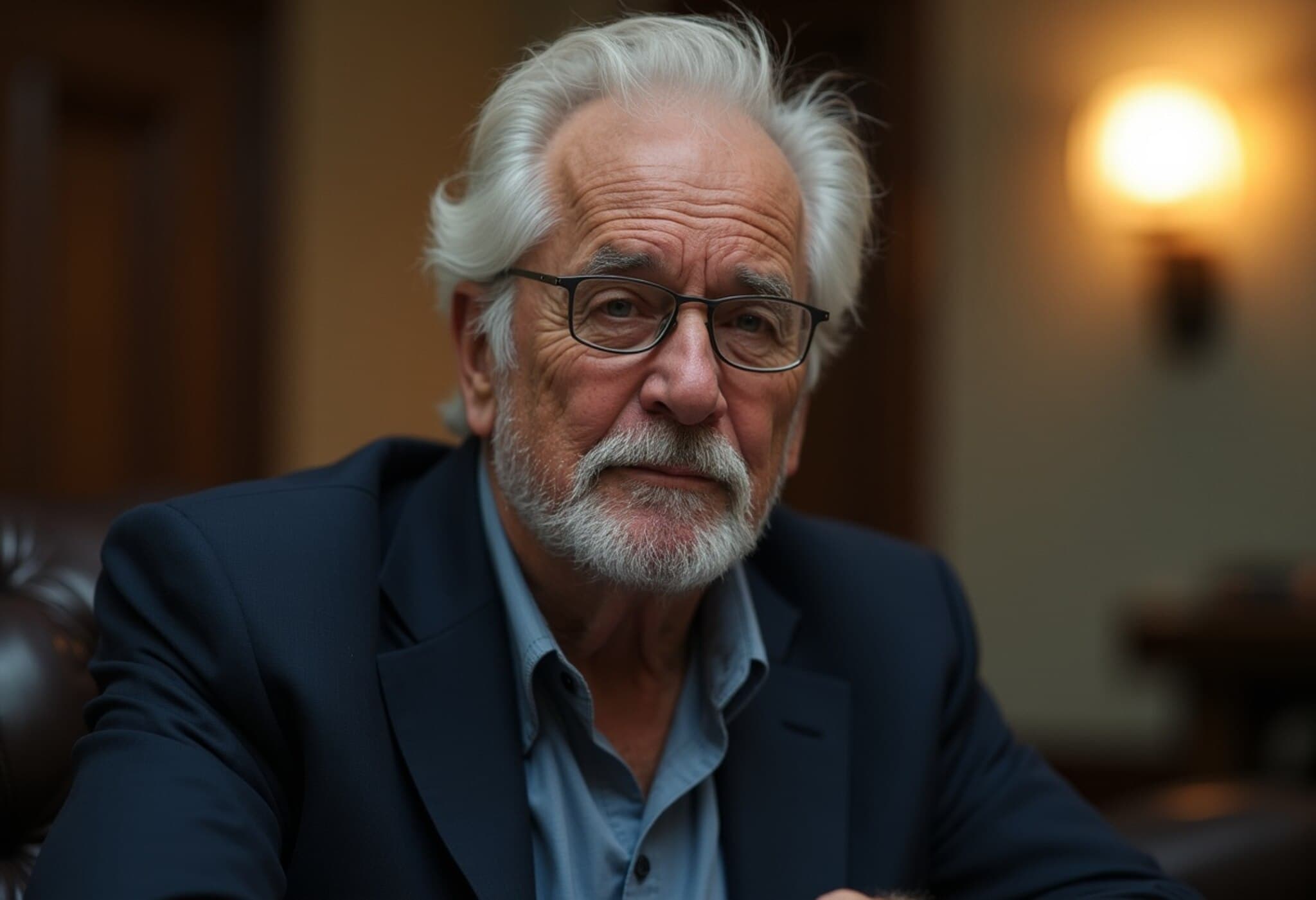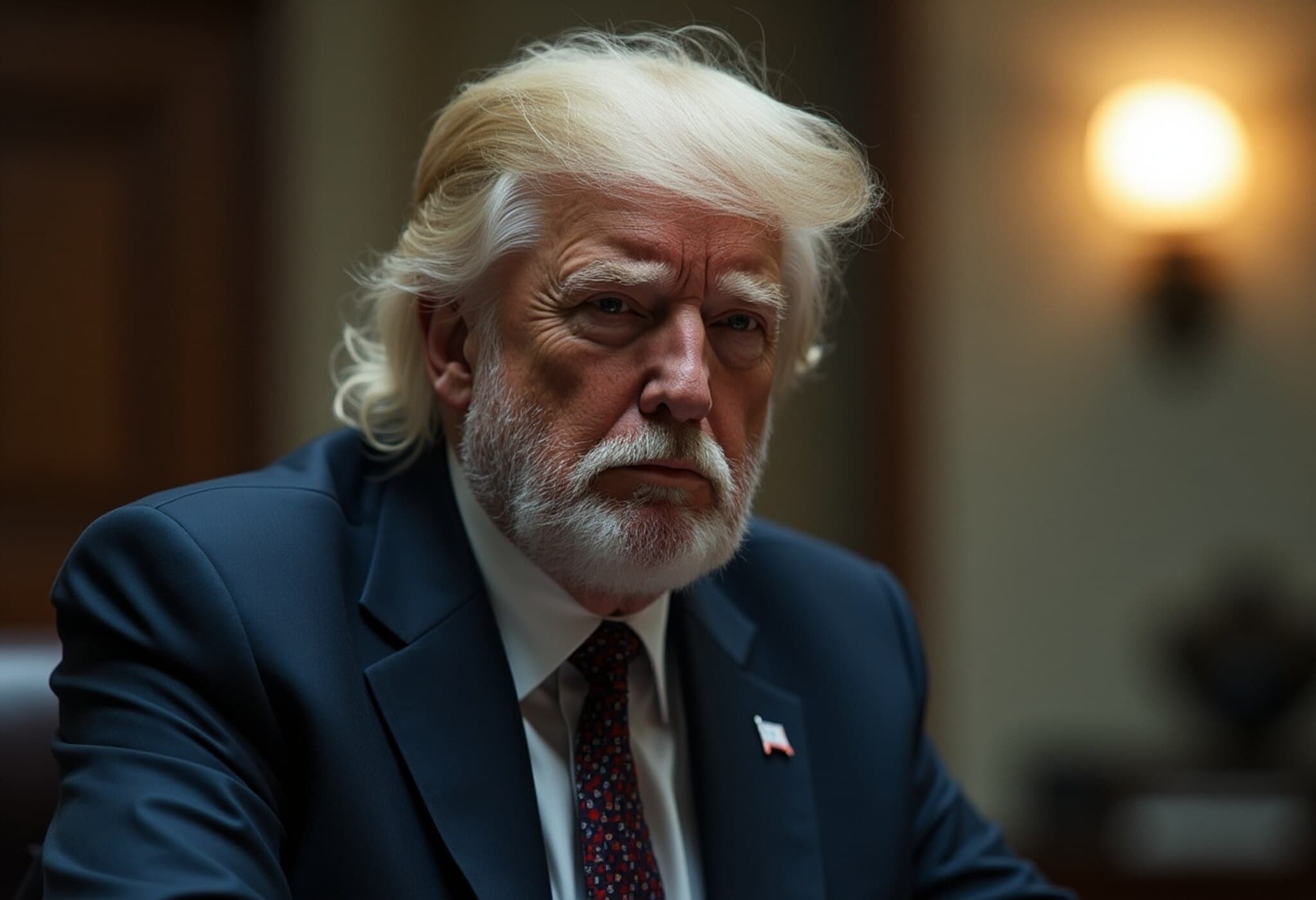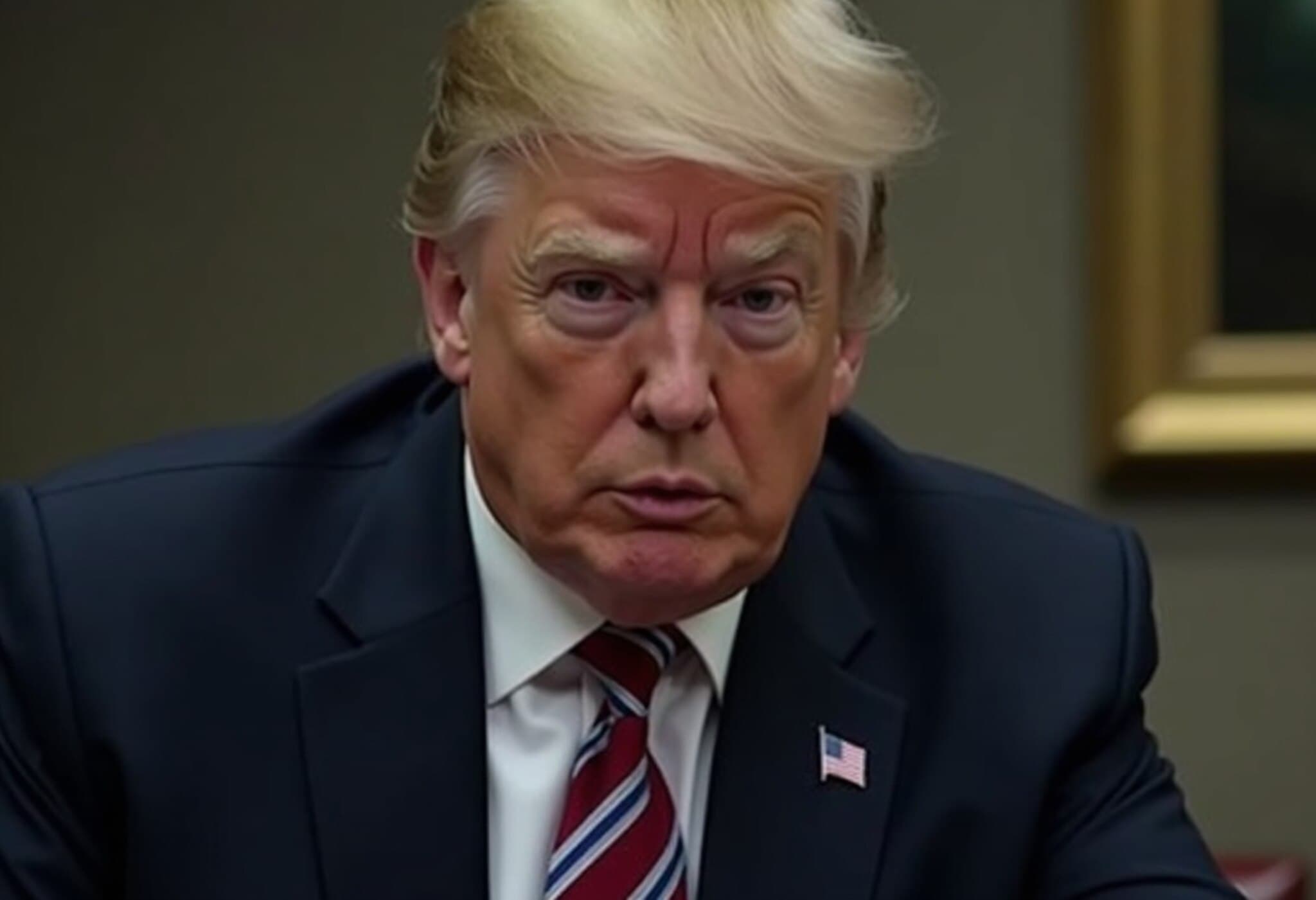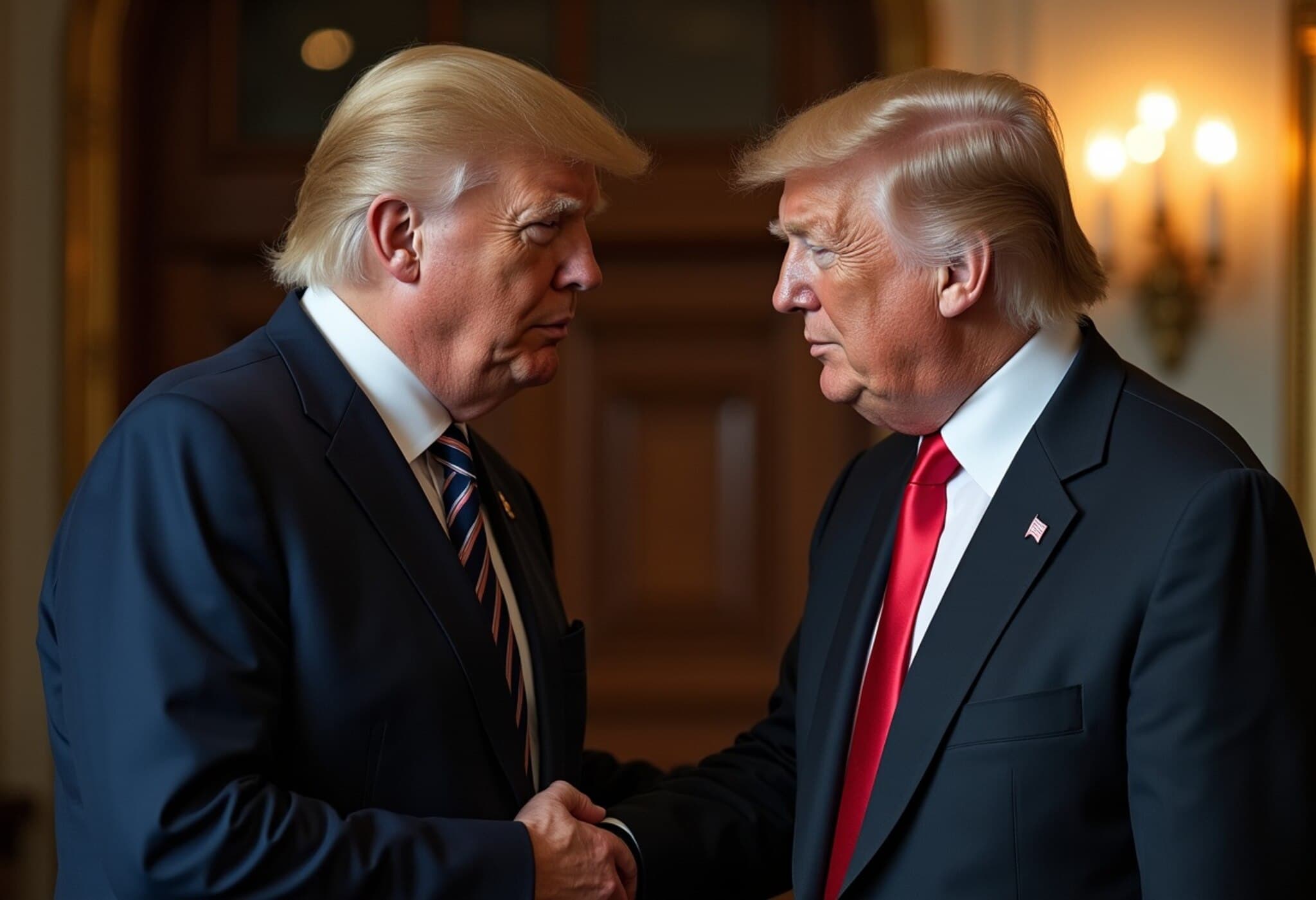DOJ and FBI Officially Confirm Jeffrey Epstein's Death Was Suicide
The United States Department of Justice (DOJ) and the Federal Bureau of Investigation (FBI) have officially concluded that Jeffrey Epstein’s death was a suicide, putting to rest years of swirling conspiracy theories about his demise. This confirmation comes through a recent memo unveiling findings that directly contradict persistent claims of murder or foul play linked to the imprisoned financier’s 2019 death in a Manhattan jail cell.
Key Findings: No Murder, No Client List, No Blackmail Ring
According to the memo, the investigators found no evidence supporting any murder theory. Nor was there any indication that Epstein maintained a “client list” or used such a list to blackmail prominent individuals. The probe uncovered no proof of wrongdoing by third parties that would warrant further charges beyond those already prosecuted.
Notably, Epstein’s close associate Ghislaine Maxwell is currently serving a 20-year sentence for child sex trafficking and related offenses, underscoring the justice system’s efforts to hold accountable those involved in his criminal networks.
Background: Conspiracies and the Political Context
This disclosure marks the first time the Trump administration has formally pushed back against conspiracy theories that had previously gained traction — even having been amplified within the FBI’s upper ranks before the current leadership took charge. Kash Patel, now FBI Director, and Dan Bongino, the bureau’s Deputy Director, both formerly cast doubt on Epstein’s official cause of death but have since concurred that Epstein died by suicide.
Still, beliefs persist online, especially in right-wing circles, that Epstein’s crimes involved powerful elites and that he was silenced to prevent exposure. This unfounded narrative continues to fuel social media speculation and political rhetoric.
Recent High-Profile Reactions and Clarifications
Adding another layer to the ongoing discourse, social media posts last month from Elon Musk accused former President Donald Trump of being implicated in the ‘Epstein files.’ Trump countered with a statement from Epstein’s former lawyer David Schoen, who denied any criminal involvement by Trump. Musk later deleted the posts, acknowledging he had "gone too far."
Release of Enhanced Prison Footage Supports Suicide Conclusion
Continuing efforts to quell suspicion include the release of both raw and enhanced surveillance footage from Epstein’s Manhattan prison cell on the night of his death. The FBI enhanced the video by improving contrast, color balance, and sharpness, providing clearer evidence that no unauthorized persons entered the area around Epstein’s cell that evening.
This visual evidence aligns with medical examiner reports concluding suicide as the cause of death and serves as a transparent rebuttal to alternative theories.
Expert Analysis and Broader Implications
From a legal and societal perspective, this reaffirmation is critical. Epstein’s case encapsulated deep issues related to systemic abuse, privilege, and accountability. While his death prevented further prosecutions, Maxwell’s conviction represents a significant step forward.
This memo’s clarity is vital for restoring public trust in investigative agencies amid a climate often clouded by misinformation and political polarization. The case also highlights challenges law enforcement faces when high-profile figures and sensitive information intersect.
What Lies Ahead?
- Continued vigilance: Authorities must persist in investigating remaining associates or enablers who facilitated Epstein’s abuses.
- Transparency: Ongoing disclosure of relevant evidence helps combat misinformation and supports a well-informed public dialogue.
- Policy reforms: Epstein’s death spotlights the need for prison oversight improvements to prevent future tragedies and maintain justice system integrity.
Editor's Note
While the DOJ and FBI memo offers a clear conclusion on Jeffrey Epstein’s death, the enduring fascination and fallback on conspiracy theories illustrate the cultural challenges in confronting uncomfortable truths. The convergence of wealth, abuse, and politics in this saga invites reflection on how society protects vulnerable victims and holds the powerful accountable. This new transparency may help shift the conversation towards justice, healing, and prevention rather than speculation.
For readers, it prompts a vital question: How can we better safeguard our institutions from being swayed by misinformation and ensure victims’ stories lead to meaningful change?
About the Author: Our global newsroom of experienced journalists, policy analysts, and legal experts is dedicated to delivering in-depth and trustworthy analysis of landmark events. We strive to provide readers with clear, objective insights that illuminate the complexities behind headlines worldwide.

